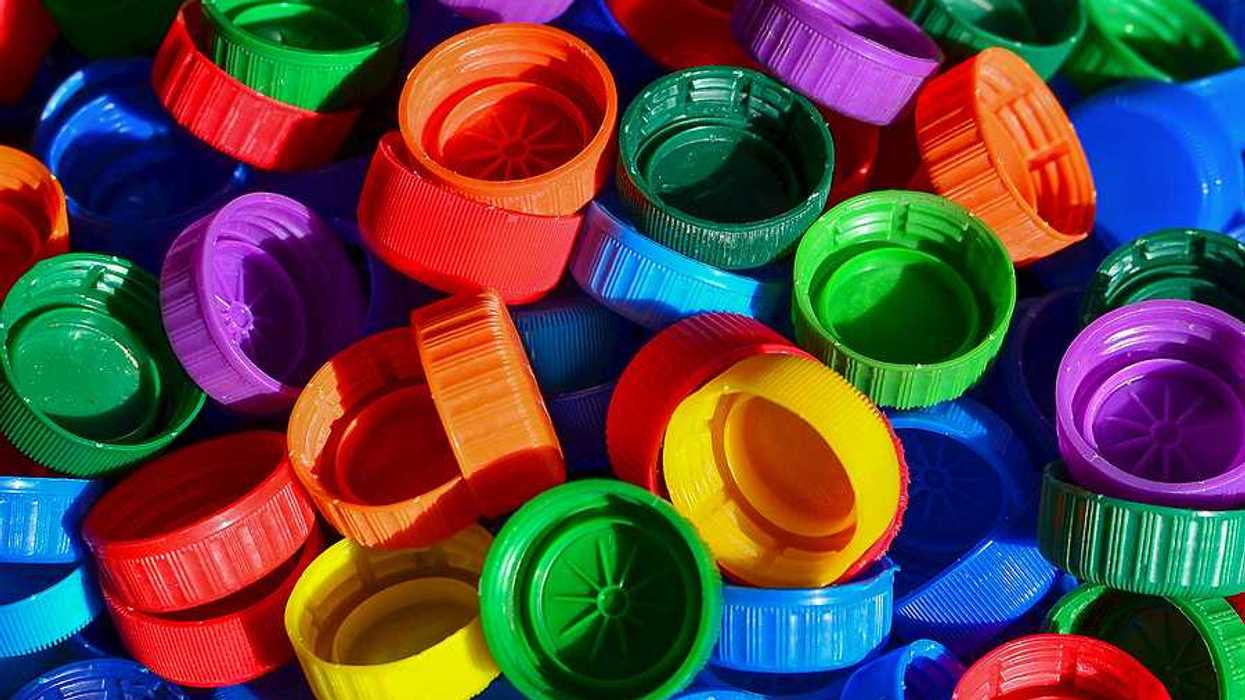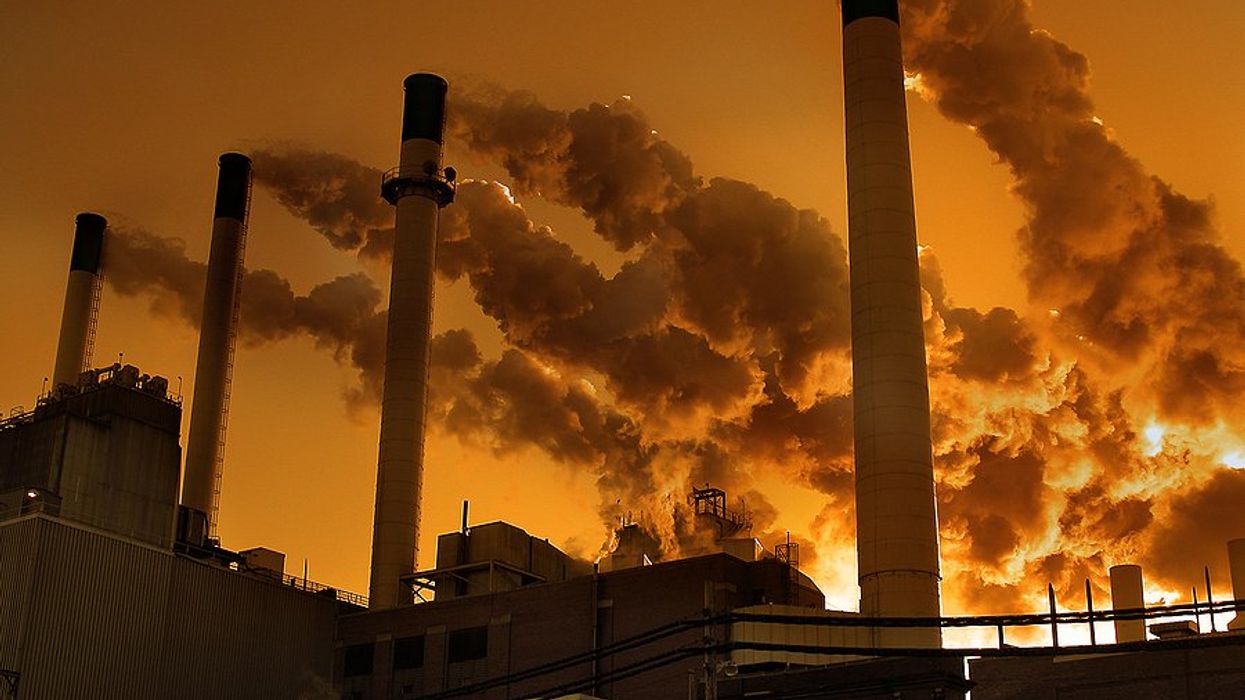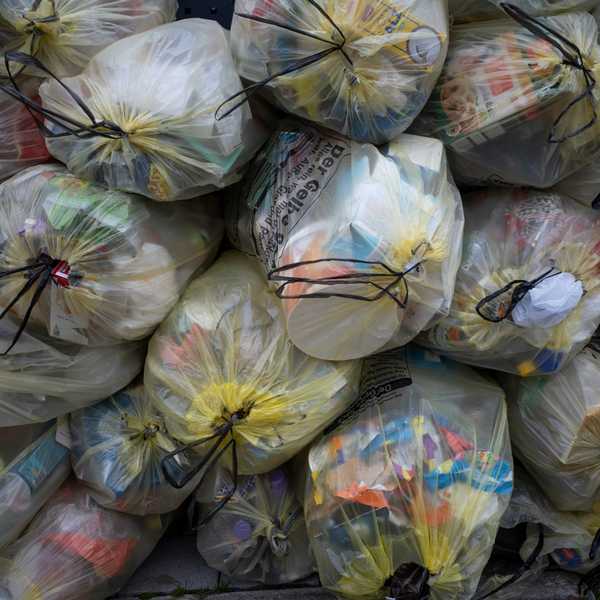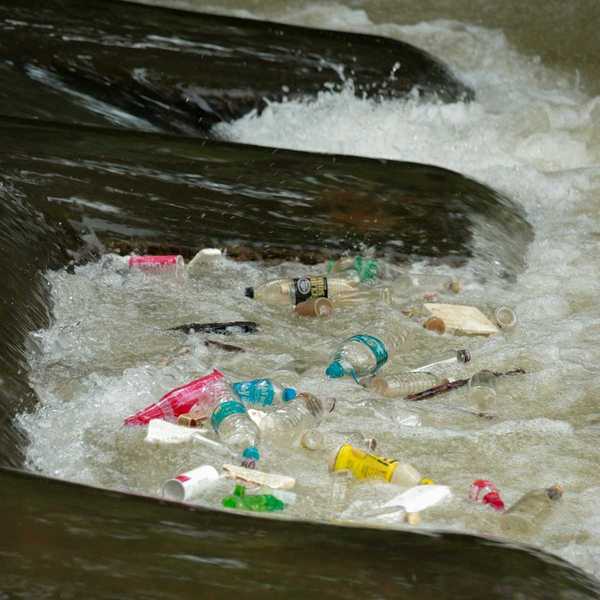Harmful chemicals in food packaging and other food contact materials can pose considerable risk to our health, according to a review of more than 1,200 peer-reviewed studies.
The report's authors—33 scientists from around the globe—urged lawmakers to take swift action to reduce exposure. The problem, they said, is particularly acute for recycled materials and plastics alternatives promoted as more environmentally friendly in response to plastic pollution concerns.
The consensus statement is based on more than 1,200 peer-reviewed studies, and the authors conclude that hazardous chemicals can transfer from food contact materials into food, and some are known endocrine disrupting chemicals, or "EDCs." EDCs are associated with chronic diseases such as diabetes, obesity, cancer and neurological disorders like ADHD.
"Virtually everyone who eats food is exposed to food contact chemicals, but some are known to be hazardous and many are untested or even completely unknown," said Jane Muncke, managing director of the Food Packaging Forum and a statement co-author. "Chemical migration from food contact articles like packaging must be systematically addressed, and any hazardous substances removed – and not just replaced with other, less well studied chemicals."
The report, "Impacts of food contact chemicals on human health: a consensus statement," was published Monday in the journal Environmental Health.
The authors of the consensus statement analyzed existing lists of food contact chemicals issued by legislators, industry and NGOs worldwide. They found almost 12,000 distinct chemicals potentially in use in the manufacture of food contact materials today.
The authors say while there is a great amount of information for some of the most well-studied food contact chemicals, such as bisphenol A (BPA) and phthalates, many of the 12,000 reported food contact chemicals lack data on their hazardous properties or level of human exposure. This suggests that the human population is exposed to unknown and untested chemicals migrating from food wrappings, with unknown health implications.
Editor's note: Pete Myers, Ph.D. and founder of Environmental Health Sciences, publisher of EHN.org, is one of the statement's 33 co-authors.

























